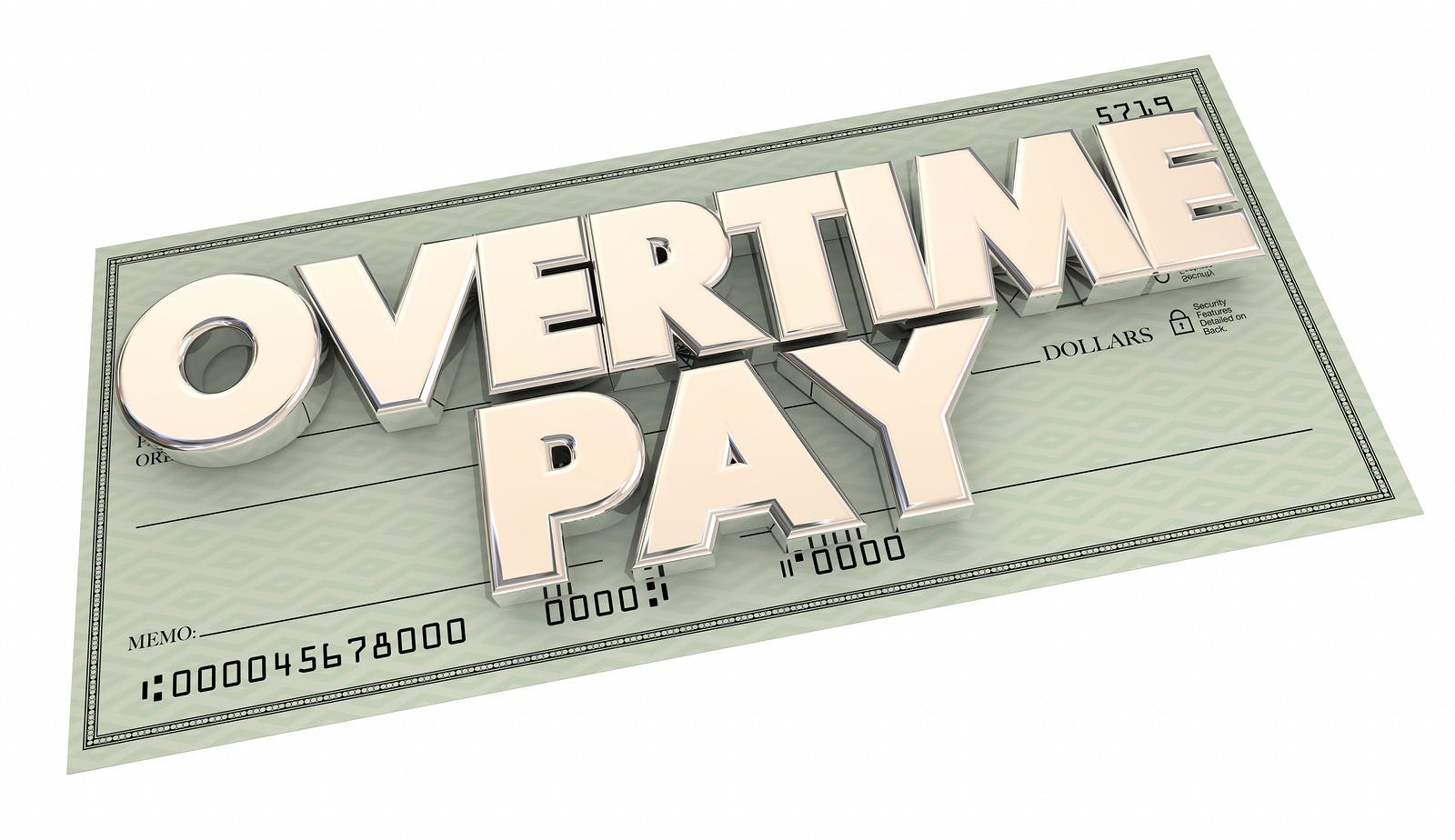If you’re conducting business in multiple work states, you can count on the fact that you’ll have to deal with more challenges than a single-state employer. This is especially important when it comes to compliance; you need to be sure you are following the employment laws at both the federal and state level for every state you have employees in. (To add another layer of complexity, when federal and state standards are different, generally the rule that provides the greater benefit will apply.)
In this article, we examine four common — but tricky — areas of employer compliance you should be aware of (and what to do about them).
1. Minimum wage
Under the Fair Labor Standards Act (FLSA), the current federal minimum wage is $7.25 per hour, but the FLSA does not supersede any state or local laws that may have a higher minimum wage. Therefore, if a state or municipality has a minimum wage that is higher than the federal minimum, employers are obligated to pay the higher rate to employees working in those states. Currently, 29 states and the District of Columbia have minimum wages higher than the federal minimum wage.
2. Overtime rules
Under federal law, employers must pay nonexempt workers time and a-half for all hours worked beyond 40 in a workweek. However, some states have more strict overtime requirements than the federal FLSA.
States also have specific overtime rules. For example, in California, employers must pay overtime premiums to nonexempt workers for any hours worked beyond eight in a day. California workers also must be paid double time after working 12 hours in a day, or in excess of eight hours on any seventh consecutive work day in a work week. In other words, California employees must be paid time and a-half for the first eight hours on the seventh consecutive day of work in a work week, and receive double time for hours worked beyond eight.
In Colorado, a time-and-a-half daily overtime premium starts after the 12th hour worked.
Compliance with FLSA overtime rules is necessary for all companies, but unfortunately, the rules can be complex and difficult to understand. We recommend doing as much research as you can to identify your requirements and ensure you’re properly classifying your employees; companies that have been audited and found in violation of FLSA guidelines face enormous penalties.
The pay minimums are changing to determine who is and isn’t exempt from overtime. See “DOL Proposes New OT Pay Threshold Affecting 1.3 Million More Workers.”
Consider how large a penalty could be if you had a number of employees classified as exempt, who should have been paid overtime, over the course of a few years. You would owe back wages (at time and a half) to the employees, and the penalties and interest on the taxes you should have paid could be enough to sink your company. You can learn more about classification and compliance in the following articles:
- Employer compliance must-do’s for every small business
- Understanding FLSA classification types
- The potential risk of misclassifying employees under FLSA
3. Out-of-state employees
When you have employees who live in one state and work in another, things can get a little complicated. Employers will need to decide which state applies for unemployment wage reporting and income tax withholding purposes. In some cases, the state in which you report unemployment wages may be different than the state in which you base the income tax withholding.
In most situations, you pay unemployment taxes and withhold state income tax based on the state in which the employee works, unless there is a reciprocal agreement between the states. A reciprocal agreement allows residents of one state to work in other neighboring states without having to file nonresident state tax returns there. Several states have reciprocal agreements with others, but not all.
If an employee is a resident of one state but performs services in another, and there is no reciprocal agreement, employers must consider the laws of both states. If the employer has a business connection (nexus) with the state where the employee resides, the employer is subject to the laws of that state, and they may be required to withhold that state’s income tax in addition to the tax for the state in which the employee is working.
Because we are a New England-based PEO, we often encounter clients from Massachusetts: Massachusetts does not have any reciprocal agreements with neighboring states; employers there must withhold Massachusetts income tax from all wages earned within the state regardless of where the employee lives.
4. Payday requirements
Other labor laws that may vary from one state to another are payday requirements, frequency of payments and final wage payments.
This article was first published on the GenesisHR SolutionsGenesisHR Solutions blog.
